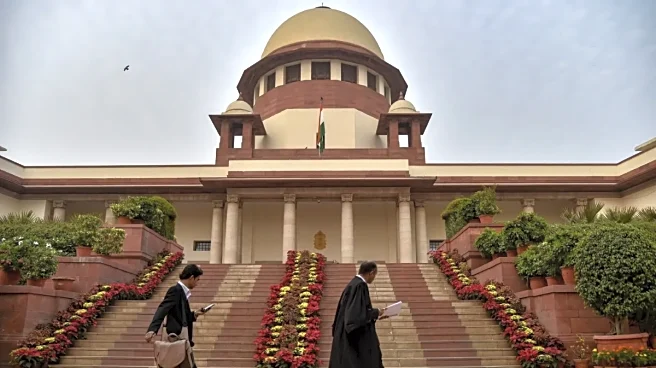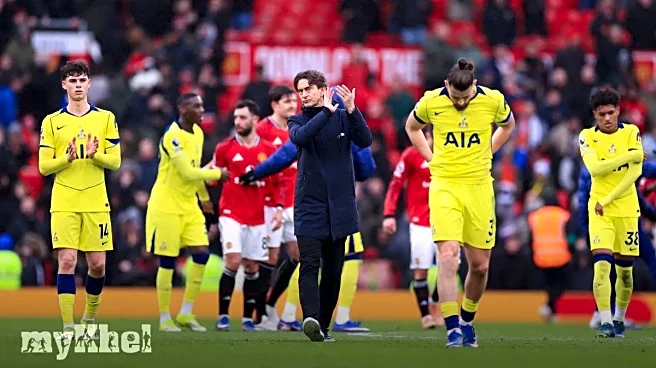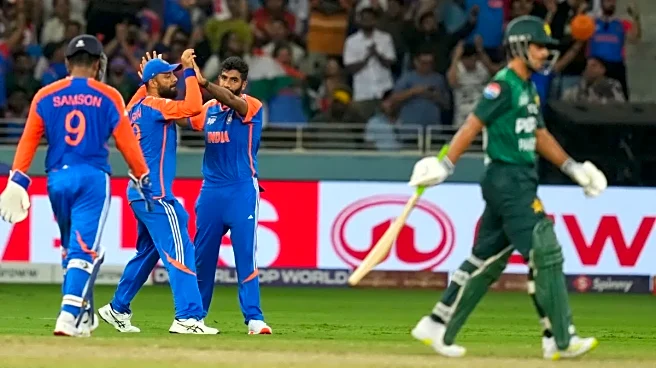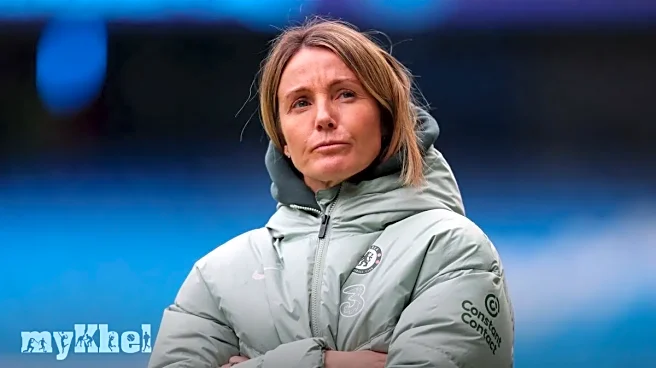The Supreme Court on Wednesday came down heavily on authorities in Delhi over their decision to conduct outdoor sports activities for schoolchildren during the capital's peak pollution period.
With air quality hovering in the "very poor" to "severe" range, the court directed the Commission for Air Quality Management (CAQM) to immediately instruct schools to shift such events to cleaner months, warning that allowing children to play outside right now is akin to "putting them in a gas chamber. "
The order was issued by a bench led by Chief Justice of India B.R. Gavai, which also reviewed the impact of pollution-related construction bans on labourers across Delhi, Punjab, Haryana, and Rajasthan. Acknowledging the economic distress caused by restrictions
under GRAP-3, the bench directed the respective state governments to provide allowances to construction workers whose livelihoods have been disrupted. The court further instructed the states to implement pollution-control measures consistently and review them regularly to curb deteriorating air quality.
These directions followed submissions by court-appointed advisor Aparajita Singh, who flagged that the Delhi government had scheduled inter-zonal sports events for under-14 and under-16 students during November and December-months notorious for hazardous pollution levels. She noted that children, being highly vulnerable to toxic air, face serious health risks when made to participate in strenuous outdoor activities during this time. Singh reminded the court that despite years of warnings, implementation on the ground had lagged behind. "I have been working on this issue for 20 years. Governments keep changing, but nothing has improved on the ground," she said.
Two weeks earlier, the Supreme Court had asked the CAQM to detail measures being taken to prevent Delhi-NCR's air quality from sliding into the "severe" category. Last week, as the capital's Air Quality Index breached that threshold, the Amicus Curiae reiterated that strict enforcement and tangible action were urgently needed.
With the winter smog season tightening its grip over the region, the court's latest intervention underscores its growing frustration with authorities and highlights once again the urgent need for proactive, long-term pollution management rather than reactive, seasonal responses.















